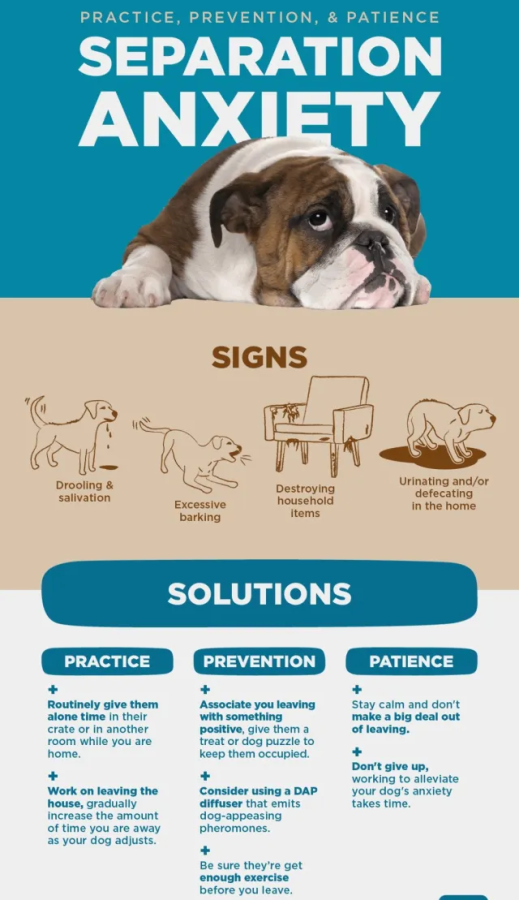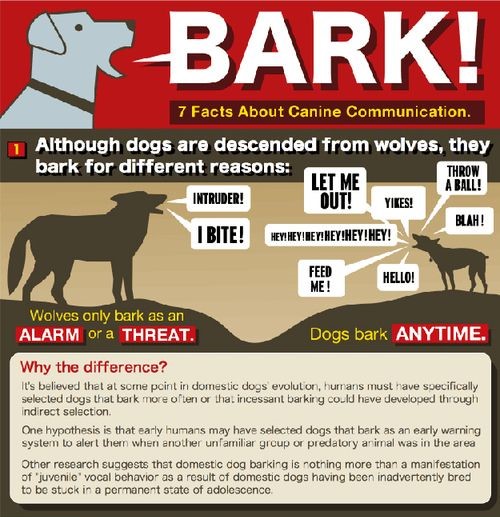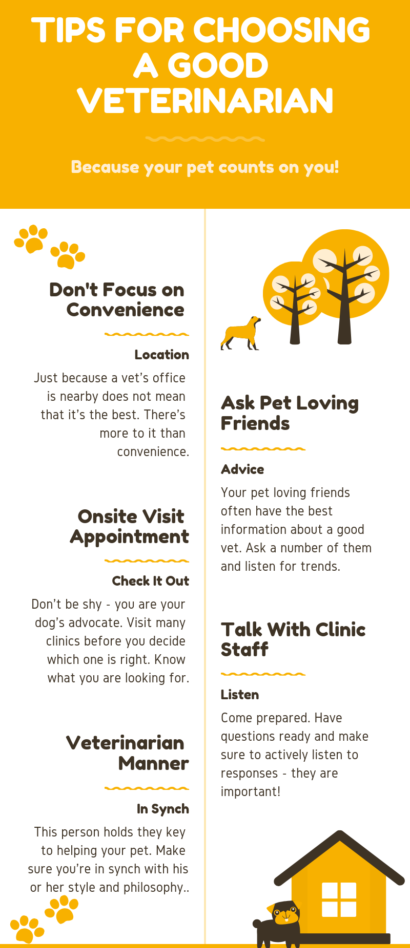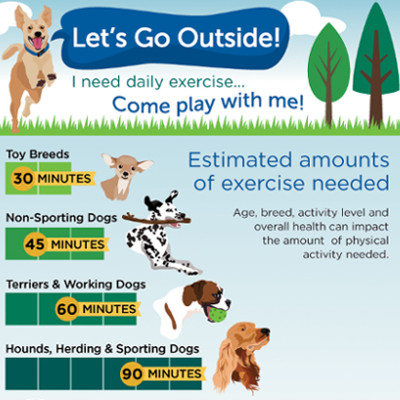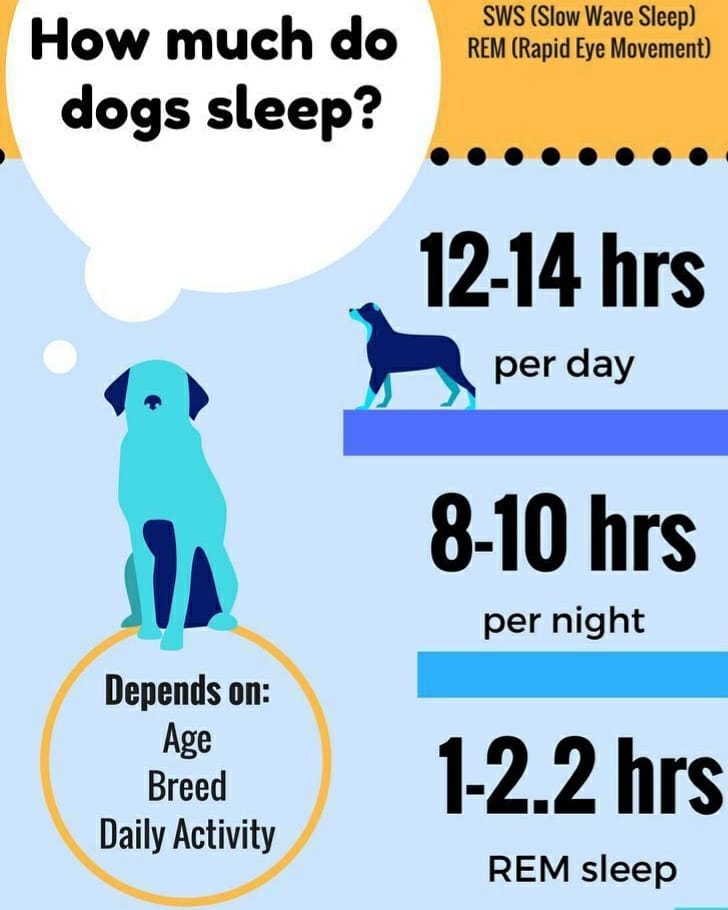You’re just trying to catch some Z’s but your beloved pooch is convinced that the world is ending and it’s up to them to sound the alarm. Or perhaps your dog studied too much of the bark-eology in the pup academy. In either case, if your dog’s incessant barking is making you and your neighbors go bananas, you need to learn how to stop your dog from barking at night ASAP.
Domestic dogs barking at night is not ok. If your dog permanently adopts this behavior, you need to do something about it. Our feature today is all about how to stop your dog from barking at night. We’ll go deeper into the details to identify all the nitty gritty details causing this unusual behavior.
Get to the Bottom of It – 5 Common Reasons Why Dogs Bark at Night
Did your dog have a bark-B-Q for dinner? This could be one reason your dog is barking all night. On a serious note, this behavior is not normal and there could be 101 triggers behind why dogs start barking at night. It’s time to find the root cause so that this behavior can be dealt with accordingly.
Here are the 5 most common reasons why dogs bark at night.
I. Separation Anxiety
Maybe your dog had a ruff day and he is just looking for cuddles. Some dogs go through separation anxiety as soon as they are away from their owners. Fear of the unknown is a common emotional turmoil that dogs go through when left alone.
For many dogs, howling through the night is their way of showing distress at being left alone. If this is the case, dealing with your dog’s separation anxiety is not impossible. You can start crate training, work with a professional dog trainer or see your veterinarian to create a plan to overcome this issue.
II. Illness Around The Corner
Your dog may be in pain and chances are you don’t know about it. A senior dog can have multiple health issues. It could be joint pain that is making them uncomfortable and not letting them sleep through the night.
For active dogs, look for signs. Check their body to see if they are hurt or if they are drinking more water than their usual intake. An injury during the day or some kind of infection or trouble in the stomach may be affecting them.
III. Hunger
Maybe your dog is all up for midnight snacking and is in the mood for a McDonald’s home delivery. Hunger can be quite distressing for a dog and can make it howl due to the inability to relax and sleep. Check your dog’s food schedule.
Growing dogs have growing needs. Check if you are feeding your dog the right portion size according to its weight and age. Sometimes a rigorous outdoor activity before bedtime can also stir up hunger.
IV. Call Of Nature
Is your dog properly potty trained? Or still going through crate training? Call of nature can be a major reason for your dog’s whining through the night since dogs do not want to soil their place of sleep.
This makes them become restless or get vocal to alert their owner to help them out. Try aligning their feeding routine with their bedtime so that they have ample time to eliminate before bedtime.
V. Something Is Up
Maybe your dog is barking to make you aware of the trouble that’s stirring up. Dogs have an intense sense of smell, hearing, sight, and more. They see, hear, and smell things that we cannot.
Many dog breeds like Shelties are used for herding and they have an instinct for chasing prey. They are particularly sensitive to sound and fast-moving objects like cars or even squirrels can trigger them to start barking incessantly. If your dog is barking at night keep in mind that they may just be alerting you to someone trying to break into your house.
Now that you know the triggers, let’s take a look at different dog bark types that you can use to identify the underlying problem.
Decode The Barks – 5 Different Types Of Dog Sounds
It’s time to get into Sherlock Holmes’s shoes. Observe and try to deduce why your dog is upset by the sound of the bark.
A. Barking
High-pitched, repetitive barking is a sign that your dog is distressed about something and is asking for help. A low-toned growl-like bark should be taken seriously. It means your dog is extremely angry or upset about something. And if the issue is not resolved, it can turn into a nasty bite.
B. Howling
Your dog is not channeling the inner wolf by howling. Sirens, alarm sounds, doorbells, or any other high-pitched sounds can make your dog howl. Since dogs are pack animals, they also howl when trying to communicate with other dogs.
C. Whining
This is a call for help from an anxious dog. It could be a sign that your dog is hangry or in some kind of pain.
D. Snorting
If your dog is making muffled sounds like small snorts, it probably wants your affection. These sounds may just be excitement sounds but that can be restricted to the daytime.
E. Growling
Growling is generally linked to aggression in dogs. Seeing something threatening like a stranger, or fireworks can put your dog into a state of mind where they feel like they need to protect themselves and their family.
Since we have covered all the “behind the scenes” of how to stop your dog from barking all night, it’s time to get to the real business of learning how to make a dog stop barking.
Put a Halt on This Barky Business – 8 Proven Techniques to Stop Your Dog from Barking at Night
Here are our top 8 strategies to help you stop the barking of your dog.
1. See a Vet
We often advise pet owners to go see a vet. Most times that a dog is barking at night the cause is behavioral rather than medical, but it is wise to cover all your bases. There are a variety of medical issues that can cause dogs to bark excessively at night. A veterinarian can help diagnose and treat these underlying medical issues which can reduce or even eliminate barking behavior.
Instead of doing the guesswork and wasting time, it is best to see your dog’s vet so that they can diagnose if your dog barking is related to physical health or mental well-being. If it’s linked to some injury, infection, or joint pains, a vet can help you with the diagnosis and the right treatment.
It’s also important to rule out any underlying medical issues before beginning any training or behavior modification programs. Trying to train a dog out of excessive barking when the underlying cause is medical can be ineffective and frustrating for both the owner and the dog.
2. Amplify the Outdoor Play Time
Having an ideal daily schedule is important for the mental well-being of your dog, and you as well. Your sanity is promised if you have a set daily schedule for your dog. Dogs are naturally active beings and they love outdoor activities.
If you don’t have that scheduled for them throughout the day, make sure you carve out the time to create an exercise plan for them and stick with it! Exercising is mentally stimulating for your dog as it releases hormones called endorphins, also known as happy hormones. So physical and mental exercise is the best way to shoo away anxieties or any other behavior problems.
Running, walking, or even playing tug of war with a tug toy can have a wonderful effect and release pent-up energy. Taking them out before bedtime can also make them super tired and ready for a deep peaceful slumber. Hence, no barking dog through the night.
It is also really helpful to train your dog in public in order to socialize them and burn off some steam. Working in public is incredibly stimulating for a dog and will in turn make them calmer the rest of the day. This should also translate to being more tired later at night when it’s time for your pup to get some sleep!
This video will give you some guidance on how to train and socialize your dog in public and get you one step closer to sleeping the night away!
Video: Tips for Training and Socializing Your Dog in Public
3. Be a Strong Heart
Be a strong mama. Or a dad. Ignore false alarms. Don’t be emotionally blackmailed. Once you let them know you are a softie, they will never learn. We are not asking you to be mean to your pup or focus on negative reinforcement. The only thing you have to do is to be firm when it’s about setting rules.
The pandemic changed routines for most of us and spending time more at home became a norm. Getting new pets and co-sleeping with them also became more common. Now that we have jumped back to our normal routines, it is hard for the dogs to let go.
That is why separation anxiety is becoming more common and the best way to go about it is to be firm when setting rules. Don’t get all mushy at the cutest whimpers or whining sounds.
4. Give Them a Cozy Sleeping Nook
Have you given your dog a good place to sleep? There is a chance they are uncomfortable and barking because they need their bed. Let your dog sleep peacefully by giving them a proper sleeping place.
Dogs need a comfortable and secure sleeping place that can give them a sense of security, especially when they are alone at night. A proper sleeping place can also help them establish a routine that is essential for their mental and physical well-being.
Products to Make Your Dog Cozy for Sleeping
(Followed by a list of products suitable for creating a cozy sleeping nook for dogs)
Frequently Asked Questions
(Answer frequently asked questions related to the topic)
Conclusion
With these techniques, you can help your dog sleep peacefully at night. Remember, understanding the root cause of your dog’s barking is essential in finding a solution. Whether it’s separation anxiety, illness, hunger, nature’s call, or a response to external stimuli, addressing the underlying issue is key.
By seeing a vet, amplifying outdoor playtime, being firm with rules, and providing a cozy sleeping nook, you can help your dog find peace and quiet during the night. So say goodbye to sleepless nights and hello to a restful slumber for both you and your furry companion!
